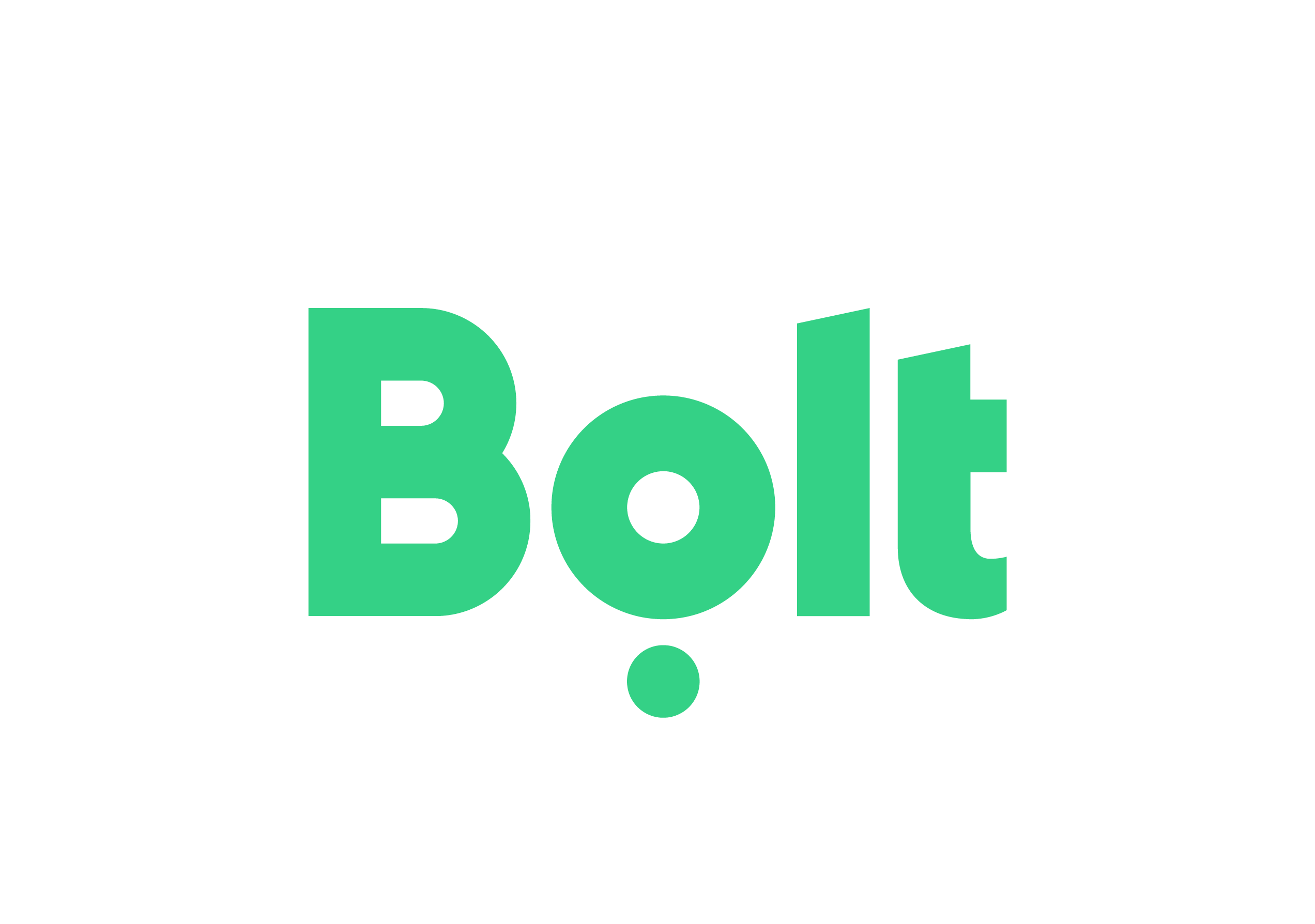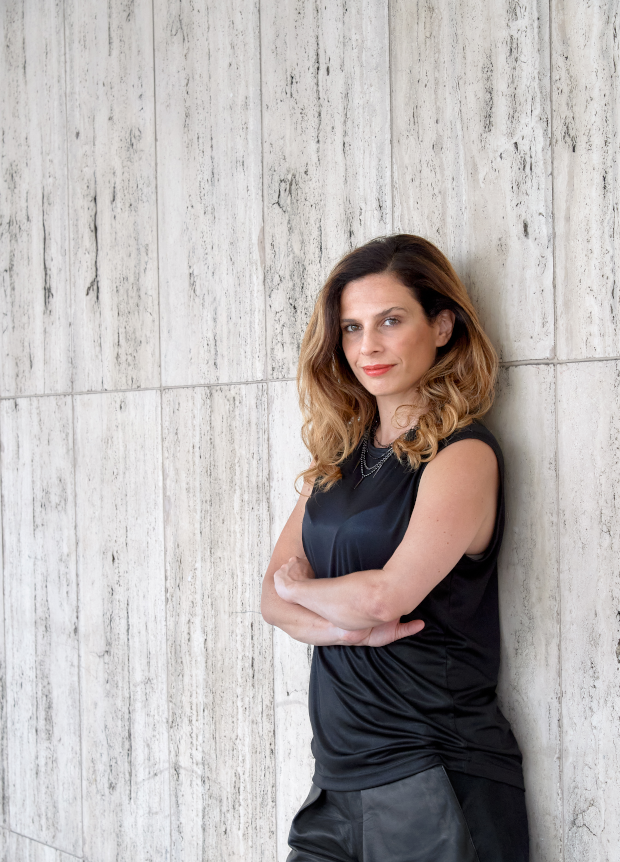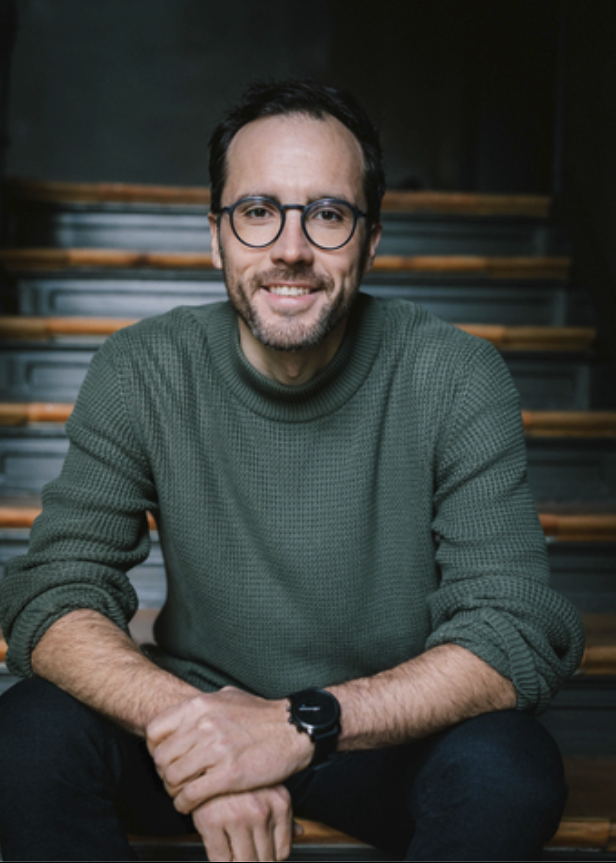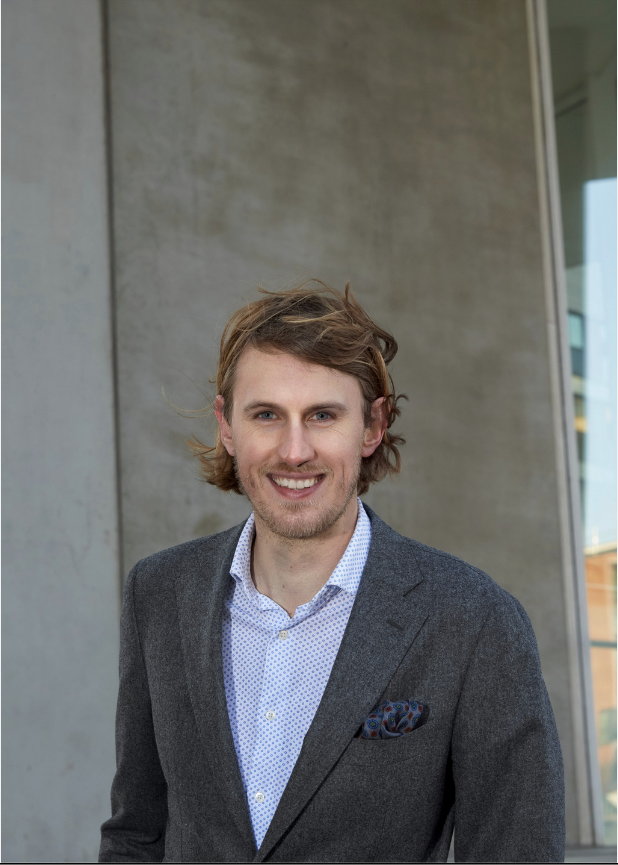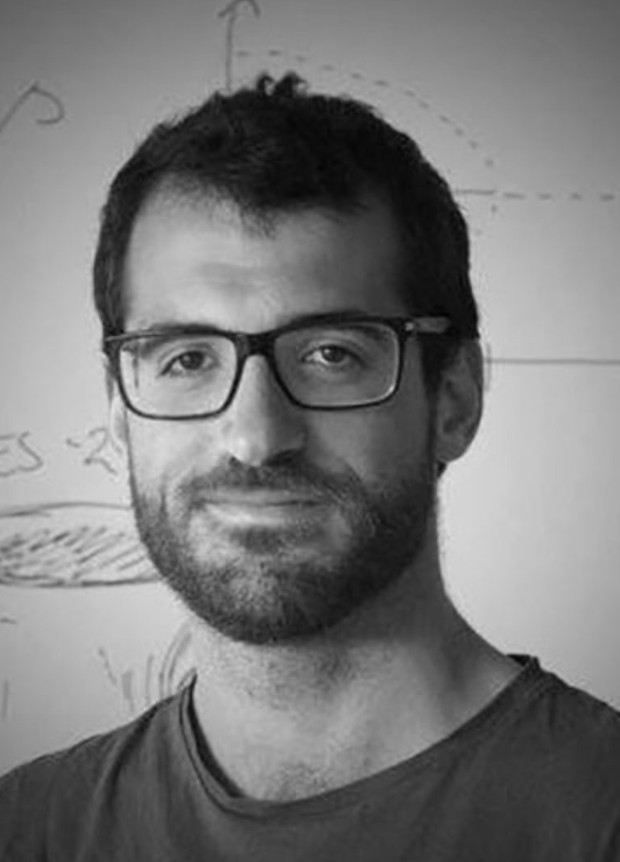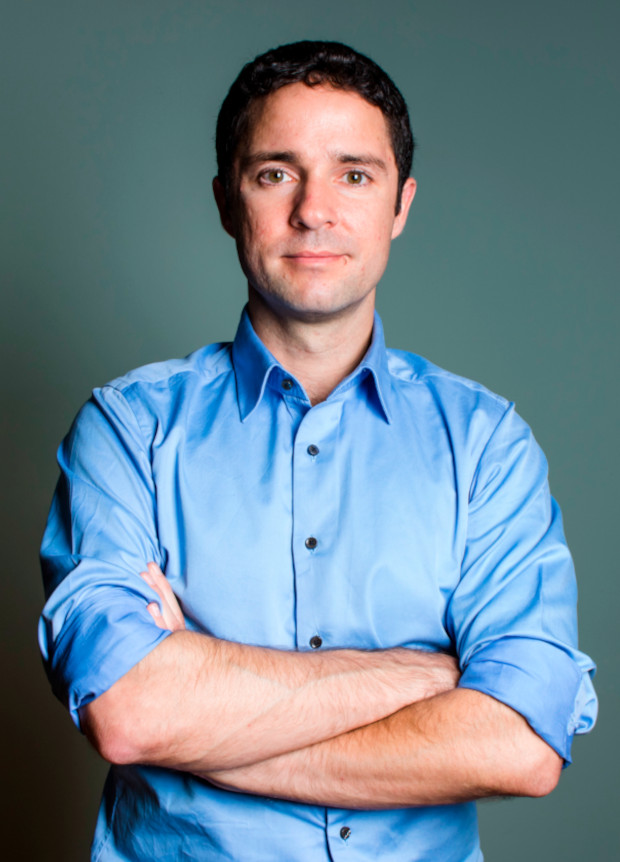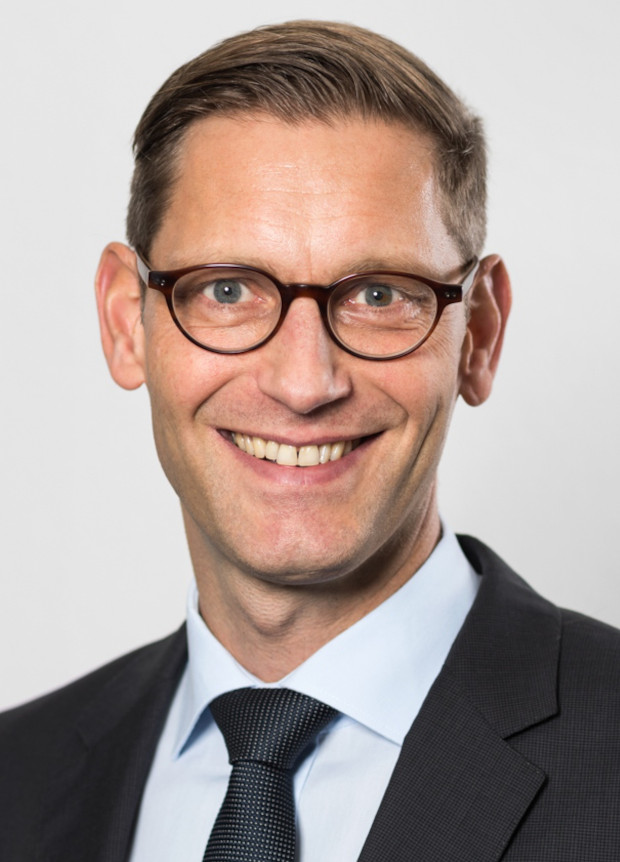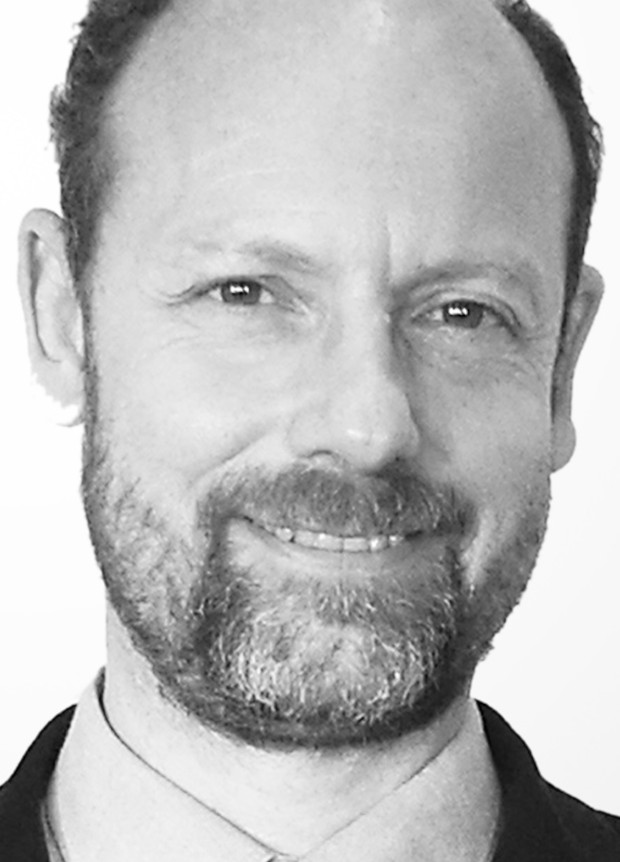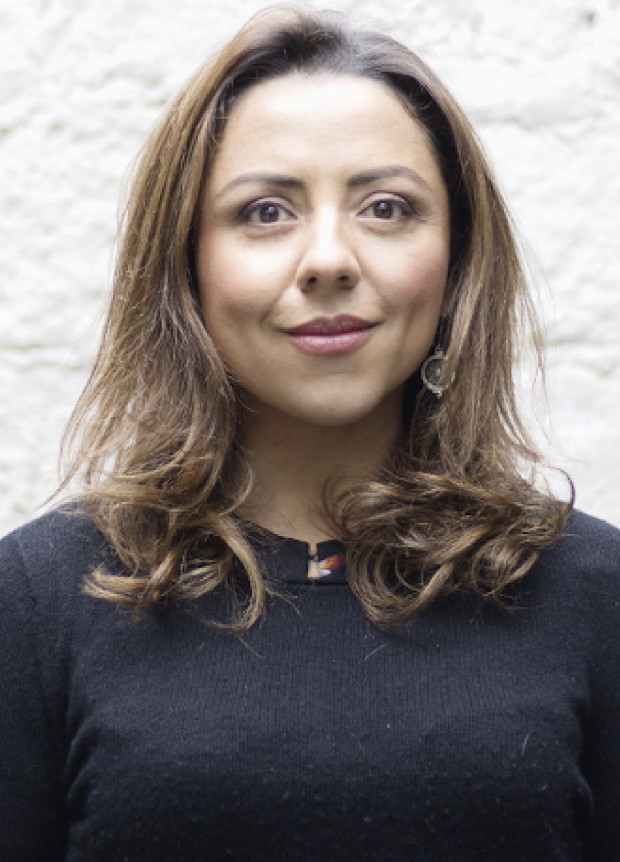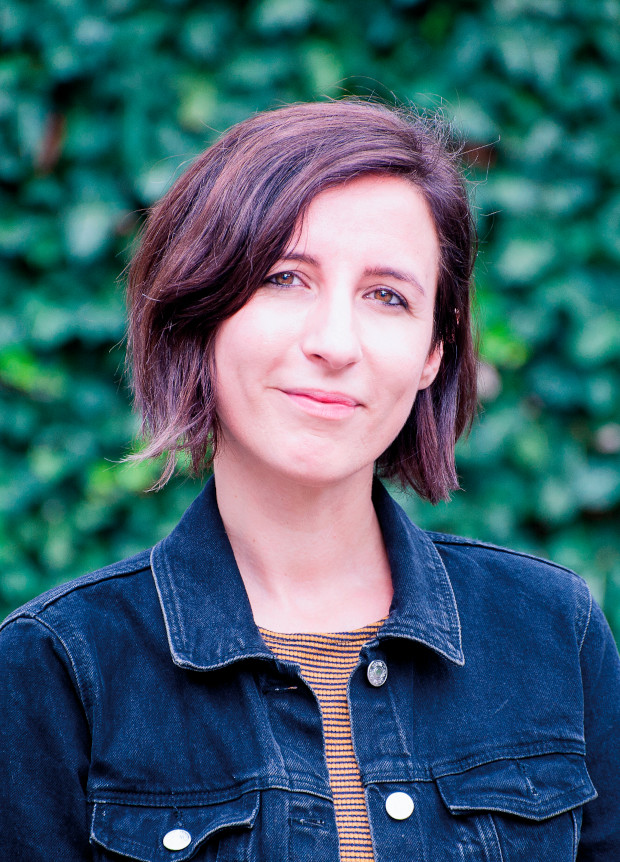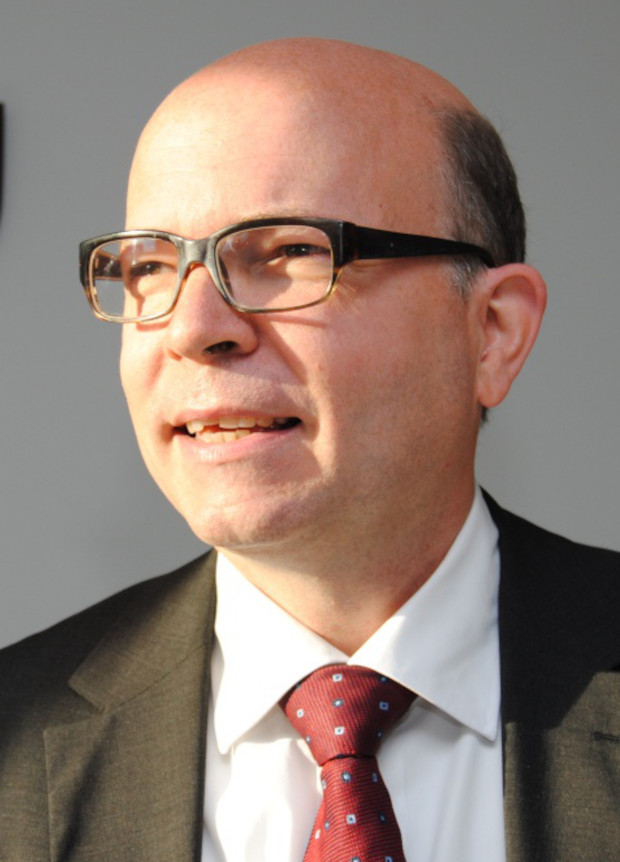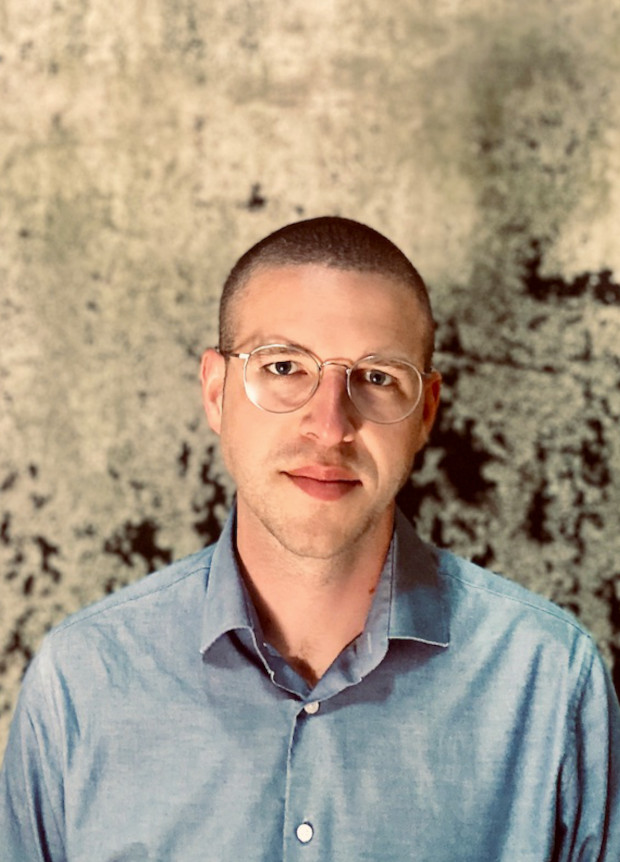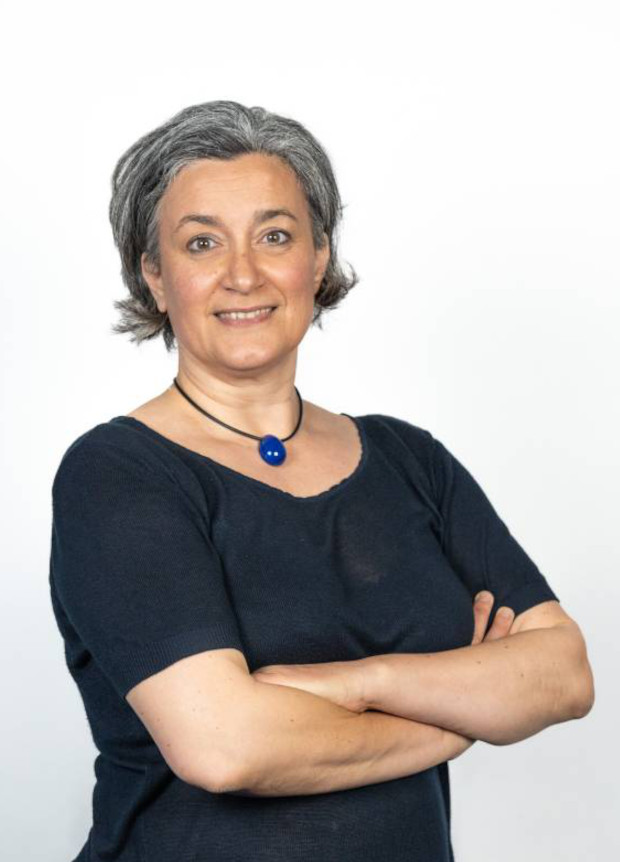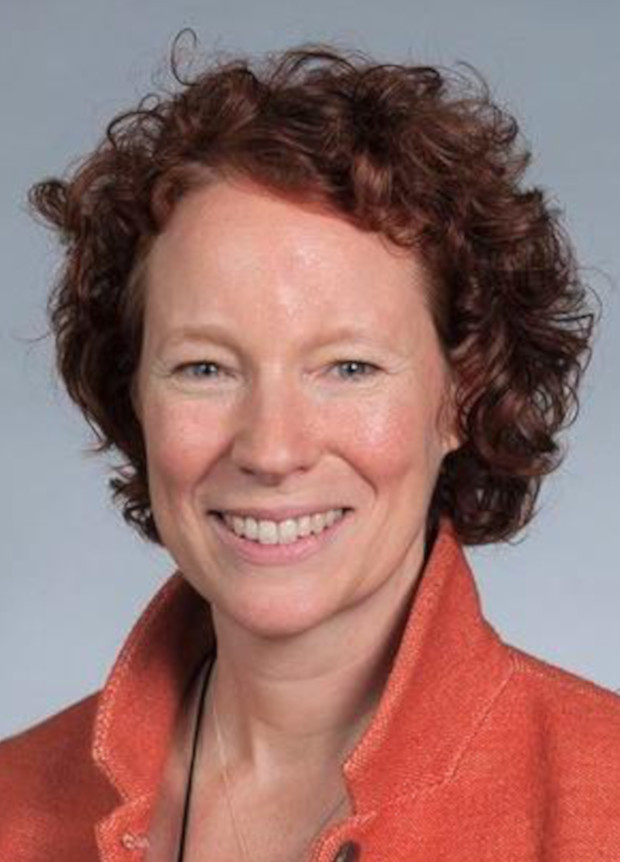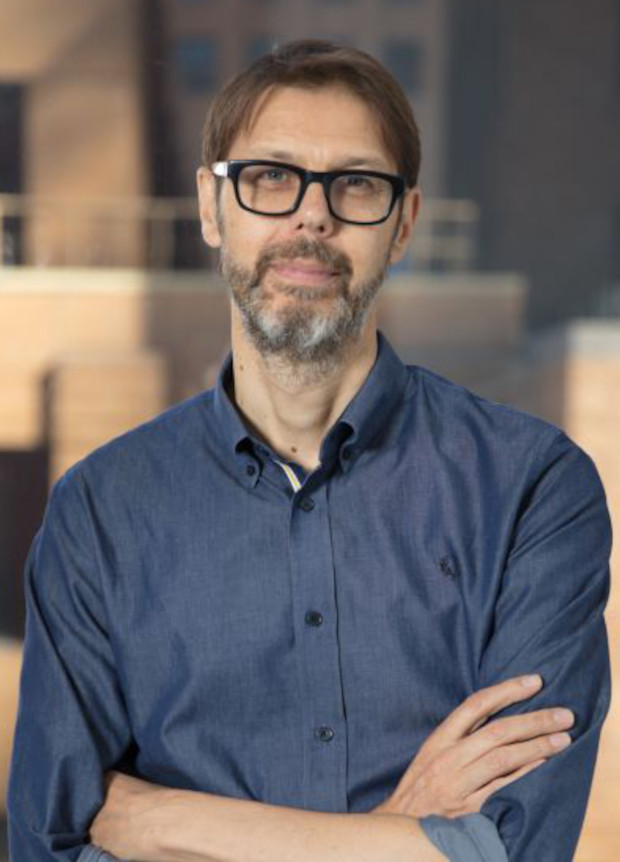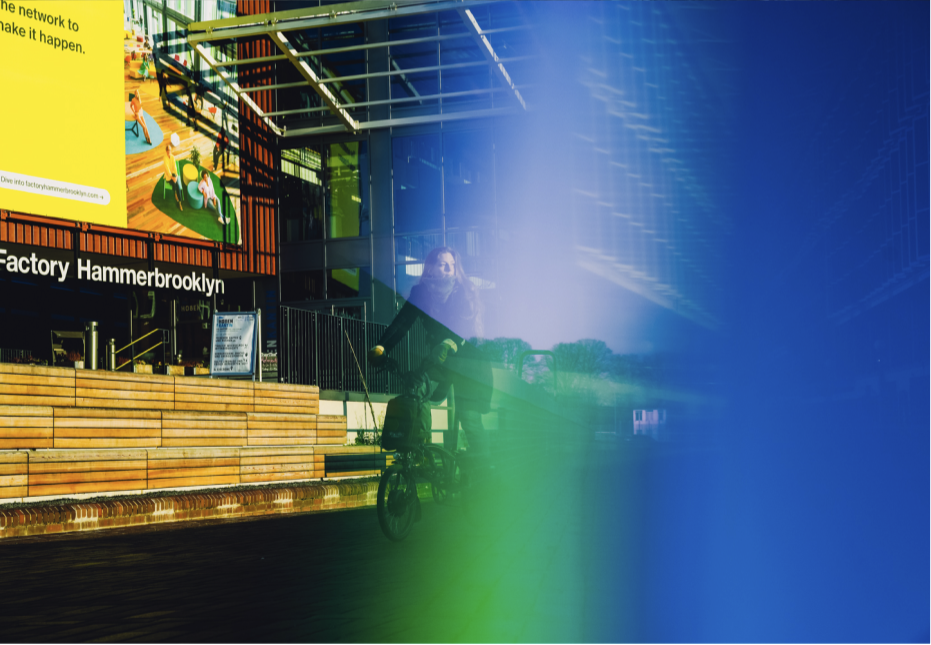Blueprint: Governing Urban Data for the Public Interest
We are excited to announce the release of our final project report, titled "Governing Urban Data for the Public Interest." This report represents the culmination of our efforts and offers actionable guidelines for European cities seeking to harness the power of data for the public good.
URBAN DATA CHALLENGE HAMBURG
How can cities share and govern data to become more democratic and sustainable?
The Free and Hanseatic City of Hamburg and THE NEW INSTITUTE made available exclusive and public mobility data as part of a competition of ideas and were looking for innovative concepts for gaining knowledge about cycling and micromobility flows in our city. The most convincing concept has win €40,000 for its implementation into an IT prototype - based on the provided data sets and in cooperation with the Hamburg Authority for Transport and Mobility Transition!
Congratulations again to the University of Bremen for winning the challenge!
The New Hanse
In collaboration with the Free and Hanseatic City of Hamburg, THE NEW INSTITUTE explores the potential of data sharing and data democracy in their programme The New Hanse: Pilot projects address real world challenges, starting from mobility and its net-zero goals to developing blueprints for other European cities for the governance of data and the digital transition for the public interest.

THE PARTNERS
THE PEOPLE
THE NEW INSTITUTE team will lead and coordinate The New Hanse on the ground in collaboration with the City of Hamburg (Senate Chancellery, Authority for Transport and Mobility Transition and the Urban Data Platform Hamburg) and external partners, at city, national, European and global level.
DATA COMMONS WORKING GROUP
The Data Commons Working Group is a high-level advisory body to the City of Hamburg regarding the legal, policy, and technical issues raised in the context of the Urban Data Challenge Hamburg.
RESOURCES
THE NEW INSTITUTE
THE NEW INSTITUTE is an experimental initiative aimed at developing social imaginaries for future societies. We combine academic rigour with innovative practice to inspire, promote and implement societal change. We try to close the gap between insight and action by bringing together academics from different disciplines with politicians, entrepreneurs, journalists, and artists.
We live and collaboratively work together in the Warburg Ensemble, which provides the conditions for rethinking conventional approaches to work. We host up to 35 fellows and build unlikely alliances.





